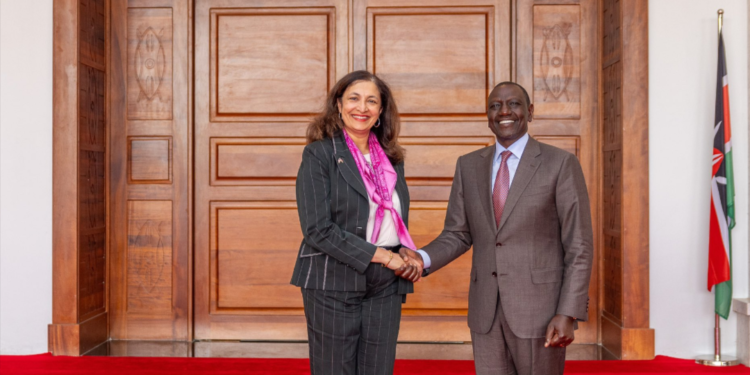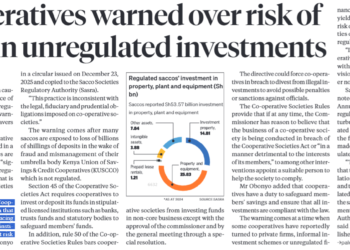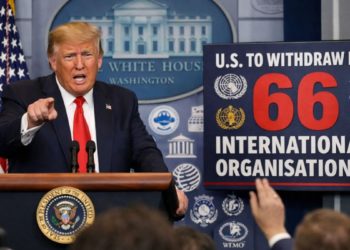The United States is intensifying its focus on human rights in Kenya as the country grapples with widespread protests and reports of police violence.
Uzra Zeya, the Under Secretary for Civilian Security, Democracy, and Human Rights, has engaged in high-level discussions with Kenyan officials, underscoring Washington’s commitment to supporting democratic institutions and accountability.
“Important discussion with Kenyan President William Ruto on respect for human rights, including freedom of peaceful assembly, rule of law, and accountability,” Zeya tweeted. She praised Kenya’s efforts to maintain regional and global peace, adding, “Transparency and accountability are the foundation of rule of law.”
Zeya’s visit comes as Kenya is rocked by ongoing demonstrations, initially sparked by the contentious Finance Bill 2024, which proposed increases in various taxes and levies. The protests, driven by public outrage over the high cost of living and the tax bill, began in June 2024 and quickly spread to major cities, including Nairobi and Mombasa.
The demonstrations have been marked by significant violence, with police reportedly using tear gas and rubber bullets against protesters. Over 60 demonstrators have been reported dead nationwide, though some sources suggest the actual number of casualties could be higher. Incidents of looting and property destruction have also been reported.
President William Ruto’s decision to not sign the Finance Bill 2024 into law, citing widespread dissatisfaction, was seen as a major concession to the protesters. This move has been interpreted as a shift in the government’s stance due to the intense pressure from the demonstrations.
In addition to meeting with President Ruto, Zeya held discussions with Deputy Director of the Ethics and Anti-Corruption Commission (EACC) Mohamud, focusing on anti-corruption reforms and the strengthening of democratic institutions.
“Timely discussion with EACC Kenya Deputy Director Mohamud on anti-corruption reforms & addressing challenges,” Zeya noted, reaffirming the US’s commitment to bolstering Kenya’s democratic frameworks to combat corruption effectively.
Zeya also met with Director Amin of the Directorate of Criminal Investigations (DCI), emphasizing the need for independent investigations to support rights-respecting policing, tackle corruption, and address gender-based violence. “Together, and can improve justice and ensure greater accountability,” she stated.
Her visit coincides with the anticipation of tomorrow’s Nane Nane march, a large-scale protest against the current government. The march is expected to draw significant participation from citizens dissatisfied with the status quo and demanding change. The movement, perceived as a “done deal,” signifies a strong commitment from its supporters.
Despite the enthusiasm, there are concerns about police strategies to disperse crowds and protect government buildings, which might deter some people from joining the march. Nevertheless, Nane Nane is poised to be a pivotal event in Kenya’s ongoing struggle for justice and democratic governance.


















